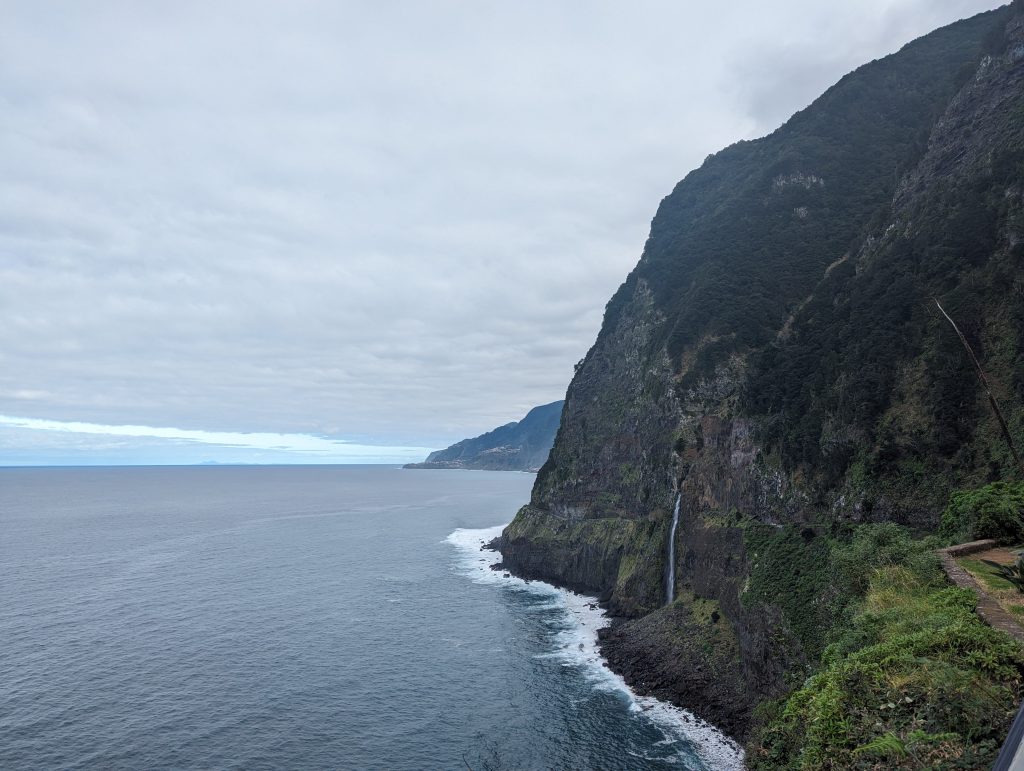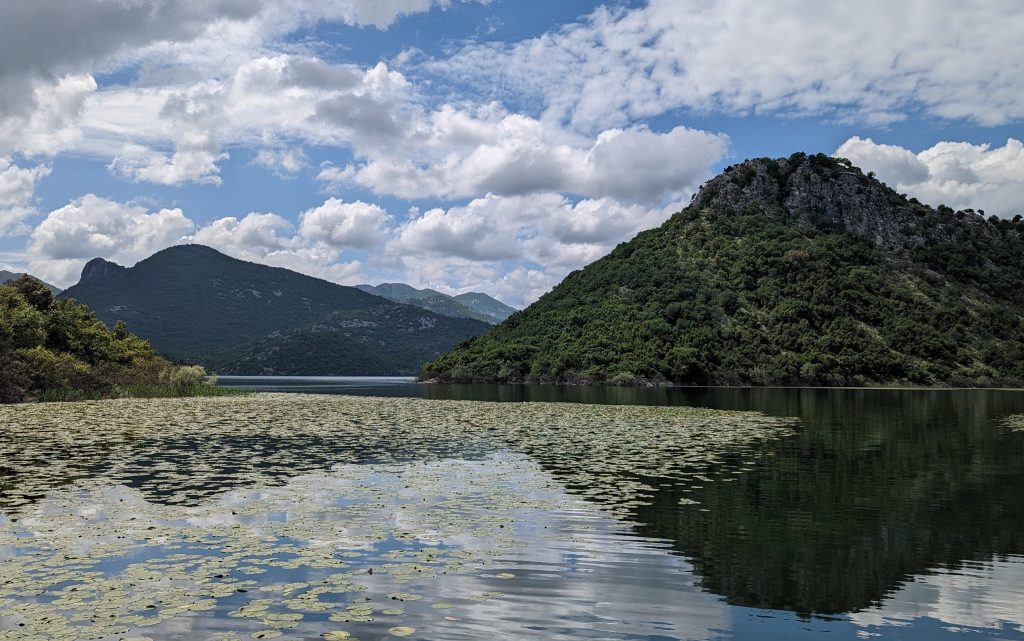As somewhat of an introvert, I’m not a big fan of crowds. As a budget-friendly traveller, I’m not crazy about paying over the odds during the school holiday season. So, it’s little wonder that I absolutely love travelling in the shoulder season.
So, what is the shoulder season, and why should you travel during it? Let’s find out.
What is the shoulder season?

Fundamentally, the shoulder season is the name given to the month or so either side of the peak season. This varies from country to country, and even by city. Some places have multiple peak seasons, so they’ll also have multiple shoulder seasons.
Simply put, it’s the no man’s land between the high season and the low season. The weather isn’t awful, but it’s not the hottest it could be, and it tends to be when the kids are back in school, for most places. It’s also the best time to travel for budget-conscious, flexible travellers.
How can you find out the shoulder season for different countries?
To figure out the shoulder season for your given destination, find out the peak season dates first of all. This can be easily done with a quick Google. You can also see when the prices start to hike on any of your booking apps. The peak season tends to be the most expensive time.
However, in tropical places, where you have just two seasons, dry and rainy, it tends to be the couple of weeks each side of the peak of the dry season. For example, we went to Costa Rica in the shoulder season, and that was at the start of June. We had largely dry weather with one or two showers, but nowhere near as much as the “proper” rainy season.
Why should you travel in the shoulder season?

So, now that we know what the shoulder season is, let’s dive into why it’s the best time to travel. Over the years, my travelling dates have shifted to reflect this pattern. Now, I rarely go away during the peak of the UK summer, and I’m nearly always away in March, May, and September. This is why.
Fewer crowds
One of the biggest perks of travelling in the shoulder season is that there are fewer crowds. Some spots will always have crowds. Even going to Barcelona on the first week of January didn’t mean that the Sagrada Família was empty; however, it was way less crowded than I’ve seen during the summer.
Away from the cities, you can have the beaches largely to yourself. While you might not have the peak of the temperatures, the shoulder seasons tend to be warm enough to lounge about and have a dip in the ocean. Going to the beaches of Mount Maunganui in New Zealand in November was calm and beautiful. When my sister and I went to Budva in Montenegro in May, just before the start of the peak season, we were one of the few non-locals on the beach.
Fewer crowds also mean less queuing for popular sights, which means you can fit more into your trip. It also means you have a better chance of getting into popular restaurants and bars, as there aren’t as many people to compete with.
Save money
My personal favourite reason for going away in the shoulder season is that you save so much money. I recently had to pay for a trip during the peak of the summer school holiday season, and the price was eye-watering.
Using tools like Going.com to find cheap shoulder season flight deals is one of the best ways to save money when you travel, especially if you’re going long-distance. If you go in the shoulder season, accommodation is often a lot more reasonable. This goes for hotels, Airbnbs, or hostels. They all jack their prices up at peak times.

The weather can often be more interesting
As a pasty Brit who gets sunburned just by thinking about sunshine, I’m not always jazzed for temperatures above 35 degrees Celsius in the summertime. That kind of heat means you won’t want to do anything. In June, we were in Zadar and the schlep to Old Town in 33 degrees left us both tired and super sweaty – it meant we didn’t want to do anything other than flop or jump in the water.
With climate change, the southern Mediterranean is getting unbearably hot during the peak season, and the threat of wildfires is rife. It’s safer and more comfortable to travel to regions like this in shoulder season, if you can.
More spontaneous booking opportunities
If you need to travel in the peak season, chances are that you need to book as early as possible to get the cheapest rate. With more reasonable prices and flights and accommodation not filling up so quickly, shoulder season travel allows you to be more spontaneous.
For our Madeira trip in February, we were booking excursions a couple of days before we flew, because we could see that things weren’t booked up, and we weren’t 100% sure of our itinerary yet. I’ve booked accommodation a week before and seen truly last-minute flights that seem too good to be true. If you have the flexibility and need a quick getaway, shoulder season is your friend.
The reason I say shoulder season, and not low season, is that the flight routes are often seasonal. For example, there’s a route from Liverpool to Geneva across the winter months, for the ski links, but it’s not operating in the summer. However, it goes as late as April into early May some years, so you could get a springtime shoulder season bargain.
